Trump administration considering new sanctions against Russia
The administration US President Donald Trump is considering new sanctions against Russia in response to alleged election meddling and a cyber attack last year, in a bid to push back against criticism that it has been slow to act.
The sanctions process is slow moving for legal reasons and cannot be accelerated in response to negative headlines, three senior Trump administration officials told Reuters on Wednesday.
"The process on sanctions is long; it's arduous; it's not pretty, but when the evidence is there and we're ready, we go ahead with the sanctions," one official said.
The unnamed officials refused to shed more details on the nature of the new penalties and how long it would take the Trump White House to arrive at a decision.
They, however, confirmed that some bans had already been imposed against two Russian entities Concord Catering, and Concord Management and Consulting.
Both companies had been cited in a 37-page indictment issued by US Special Counsel Robert Mueller, who is overseeing a high-ranking probe into alleged ties between Moscow and the Trump team.
According to Mueller’s indictment, the two companies were in control of the Internet Research Agency, a group that coordinated the alleged meddling by directing hacking attacks that exposed Democrats’ secrets.
Trump has come under from both Republicans and Democrats in the US Congress, which nearly unanimously passed a new sanctions bill against Russia last summer, for not punishing Russia enough.
The Trump administration announced in January it was not going to announce sanctions against Russia under the new law.
The US and its European allies have imposed sanctions against Russia since 2014, when the Crimean Peninsula voted in a referendum to separate from Ukraine and reintegrate into Russia.
According to the US State Department, the sanctions have so far cost Russian military companies more than $3 billion in failed weapons deals with other countries.
“We believe somewhere north of $3 billion — we’ve been able to stop those transactions,” State Department spokeswoman Heather Nauert told reporters on Tuesday. “Stopping transactions like that is, in effect, a punishment.”
VIDEO | Declared dead, found breathing: The miraculous survival of Najwa after Israeli bombing of Gaza
Israeli solar projects in West Bank expand illegal settlements: Report
Shift in multi-tier forex rate to improve economy
VIDEO | Press TV's news headlines
Zelensky’s name appears over 50 times in Epstein files: Opposition leader
Tehran rejects Trump’s riot death toll, demands proof
VIDEO | Police battle opposition protesters in Albanian capital
Israeli expansion across West Asia would be ‘fine’: US envoy


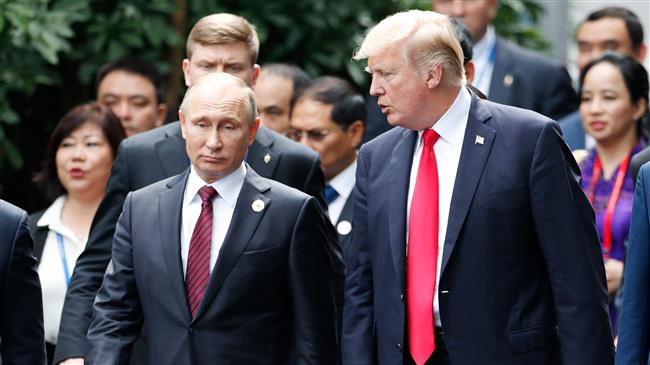


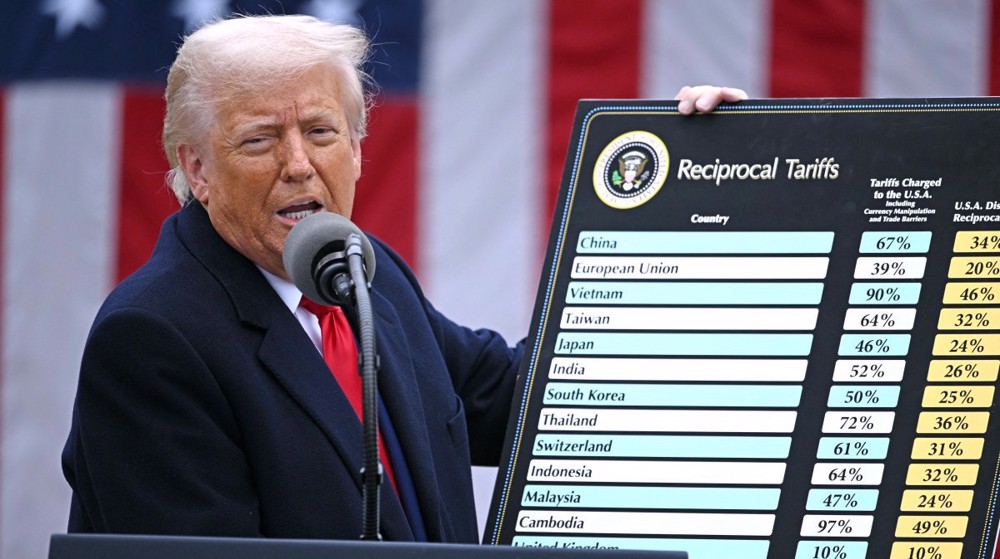

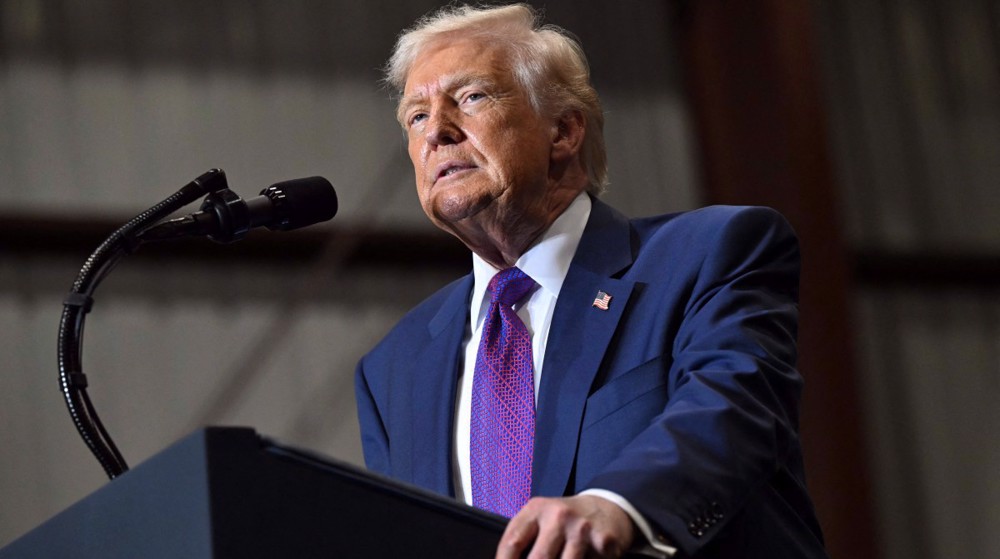



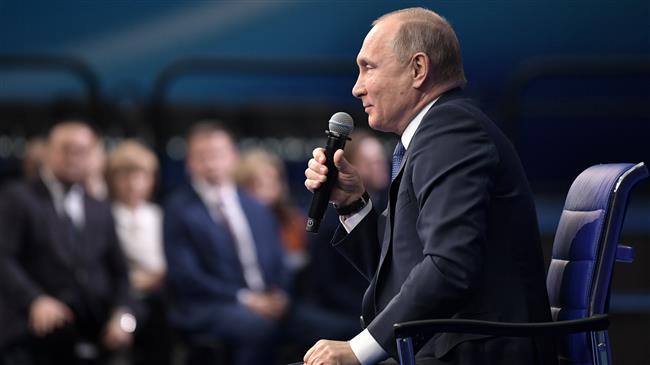

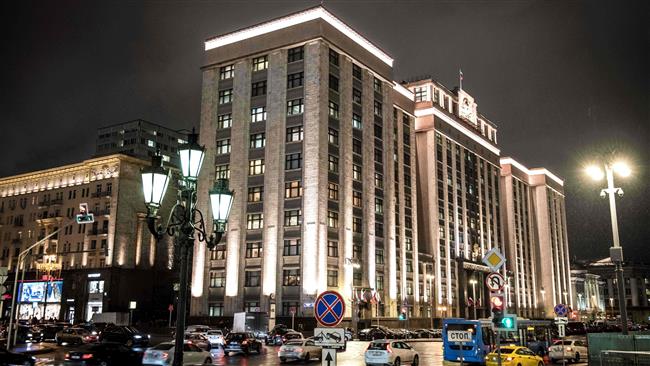
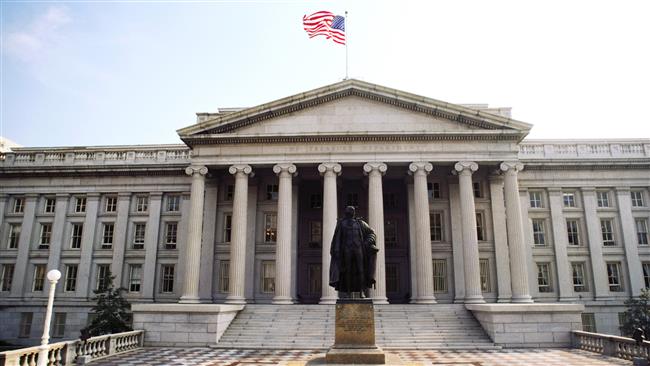

 This makes it easy to access the Press TV website
This makes it easy to access the Press TV website